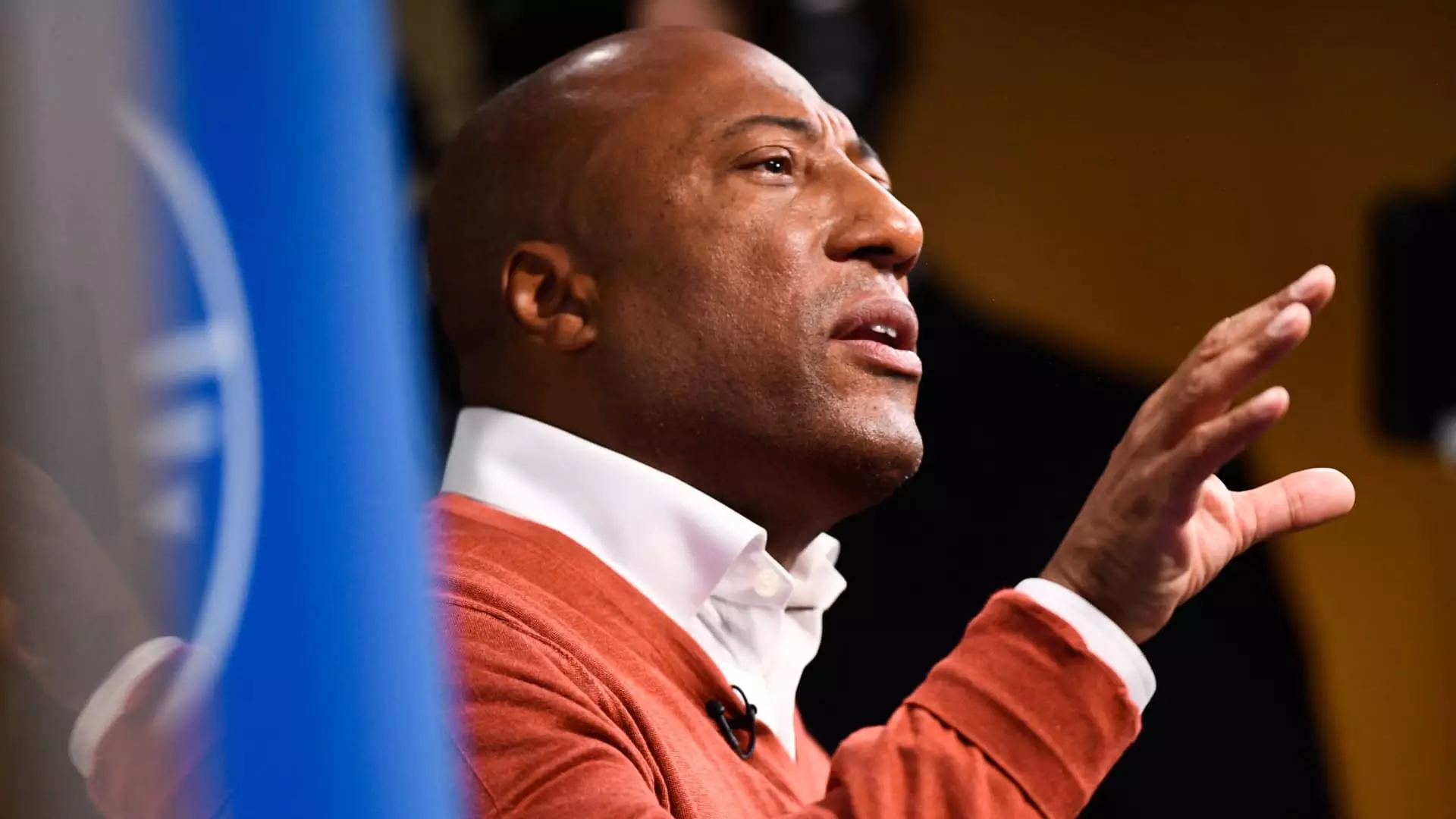Broadcast stations owned by media mogul Byron Allen have been facing criticism for consistently making late payments to network owners. According to sources, Allen Media Group’s stations have been as much as 90 days past due on payments to networks like ABC, CBS, and NBC, totaling tens of millions of dollars throughout the year. This has caused frustration among the network owners, who have been chasing after the fees even after agreeing to payment plans at Allen’s request.
Uncommon Practice
Paying consistently late is not a common practice among local broadcasters, who pay substantial sums to larger network owners to carry their brand and content, especially live sports events like the NFL and postseason games. The reasons behind Allen Media Group’s repeated late payments remain unclear, but this behavior has created a rift between Allen and his potential deal partners, leading to growing dissatisfaction among the network owners.
The financial transactions between Allen Media Group and the network owners are usually kept private, making it difficult to ascertain the exact amount of the outstanding fees. Networks typically collect fees from local affiliates every one to three months, with a significant portion of the funds coming from retransmission fees that cable TV operators pay to the stations. This arrangement often creates a situation where money needs to be paid out before it is received, complicating the payment process further.
Reports suggest that various divisions of Allen’s company have undergone layoffs in recent months, with another round of job cuts expected soon. Despite these challenges, representatives for Allen Media Group have maintained that the company is strong and continues to manage its partner relationships prudently. The company’s growth and acquisitions over the years have been highlighted, emphasizing its status as one of the largest privately-held media companies in the world.
Byron Allen’s late payments of tens of millions of dollars stand in stark contrast to his frequent multibillion-dollar bids for media assets. In recent years, Allen’s pursuit of high-value deals has not always been successful, leading to a loss of faith among investment bankers and financial institutions regarding his credibility as a serious buyer. Despite his ambitions to grow his media holdings, Allen’s failed acquisition attempts have raised questions about his ability to secure large assets successfully.
Growing Media Empire
Allen Media Group, formerly known as Entertainment Studios, has been steadily expanding its broadcast media empire through a series of acquisitions and deals. In addition to owning broadcast TV stations like the Weather Channel, Allen Media Group also operates smaller TV networks and the Black news and entertainment network TheGrio. The company’s recent acquisition of seven stations from Gray Television demonstrates its commitment to growth and diversification in the media industry.
While Allen’s broadcast stations generate revenue through advertising and retransmission fees, the shift of viewers from traditional TV to streaming platforms has posed challenges for broadcast station groups. Despite an expected increase in political advertising ahead of the presidential election, major broadcast station owners like Nexstar Media Group and Sinclair have highlighted the impact of changing consumer behaviors on their revenue streams.
Byron Allen’s late payments to network owners have raised concerns about his financial practices and credibility as a potential buyer for large media assets. As the media landscape continues to evolve, Allen Media Group faces both financial and operational challenges that may impact its future growth and success in the industry.

